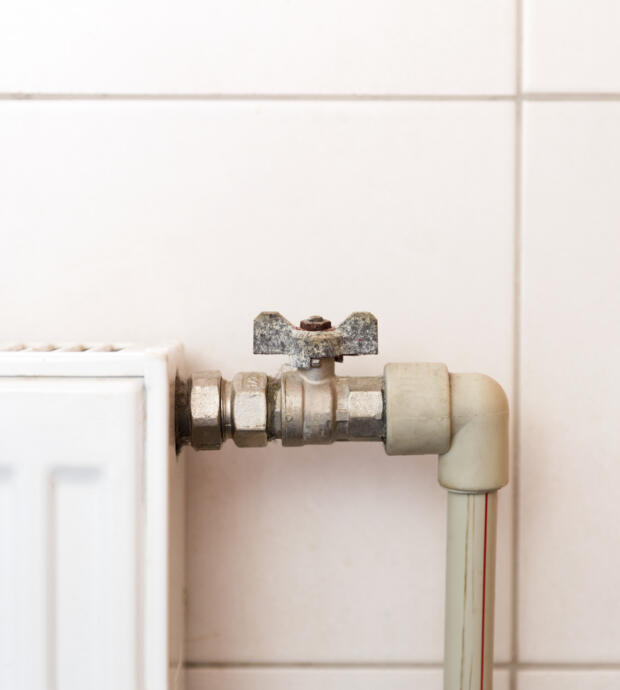Even you know that radiators need bleeding every now and then. This removes the air bubbles that can accumulate in the pipes. But, how do you know when there are bubbles in the system? When is it time to bleed your heating system? We will be happy to provide an explanation.
Strange noises? Bleed the system!
Do you wake up to peculiar, bubbling sounds when the central heating system comes on? Annoying isn't it? Luckily, it's easy to fix. The irritating noises are caused by air bubbles that move around the pipes connecting your radiators. It’s not a major issue but you should resolve it. If you don’t, the pipes might start to oxidise on the inside. When the heating suddenly starts making funny noises, it’s time to bleed the system.
Not enough heat
Have you noticed that your radiators are not really heating up any more? It doesn't mean that they need to be thrown away or that you need to call the repairman. Usually, the heating element still gets nice and hot at the bottom. This is because this part is still full of water whereas the top is full of air bubbles. This issue can also usually be resolved by bleeding the heating system.
Not all at the same time
The above problems may not affect all of the radiators at the same time. The bubbles usually accumulate at certain places. You only need to bleed the radiators that are not working properly. And you can complete the task in the blink of an eye with our handy step-by-step plan!
If you have any questions about bleeding your radiators, don’t hesitate to contact a Brugman distributor in your area. They’ll give you all the information you need.
